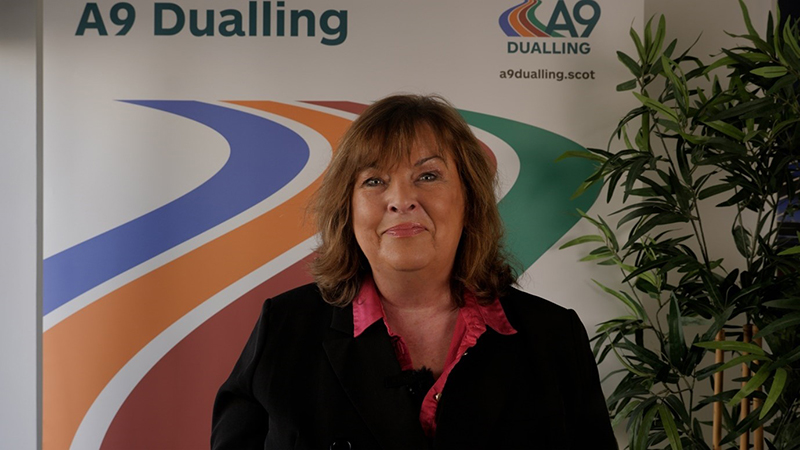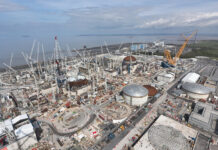
RUBICON Heritage Services has secured an archaeological investigations contract designed to support the construction of the A9 Dualling between Tay Crossing and Ballinluig.
The contract, worth almost £2 million, will involve invasive and non-invasive work including surveys, archaeological trial trenching, excavation, analysis and reporting of archaeological finds. The work is expected to include investigation and recording of the scheduled monument, Kindallachan Cairn which is located in the vicinity of the project.
The contractor has committed to a package of social value benefits including utilising renewable fuel cell powered welfare units to help reduce the carbon footprint of the works, educational lectures and visits in the local community area.
Cabinet secretary for transport, Fiona Hyslop MSP said, “It is important that we modernise our road network in a way which respects the rich heritage and history in the areas where construction is taking place. Investing in these archaeological works will enable us to explore, document and better understand a key part of ancient Scotland as we progress the delivery of the A9 Dualling: Tay Crossing to Ballinluig project.
“The main construction contract for this project is currently in procurement and we are on track to award the contract next summer which will deliver the next milestone of our Delivery Plan.
“Communities along the A9 and road users will already be seeing more visible work across the A9 between Perth and Inverness with site clearance works underway on the Tomatin to Moy section and ground investigation works underway further south associated with the Tay Crossing to Ballinluig and Pitlochry to Killiecrankie projects.”
Ruth Whillis, Transport Scotland’s project manager added, “This contract, alongside a number of other advance works packages, will help to minimise delays to the main construction contract, by reducing the risk of archaeological finds which could impact the contractor’s programme. The archaeology investigations are expected to commence in December 2024 and continue on site for approximately five months.”








